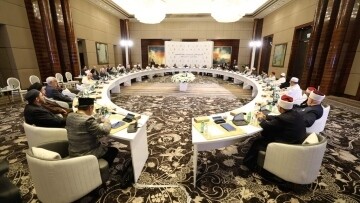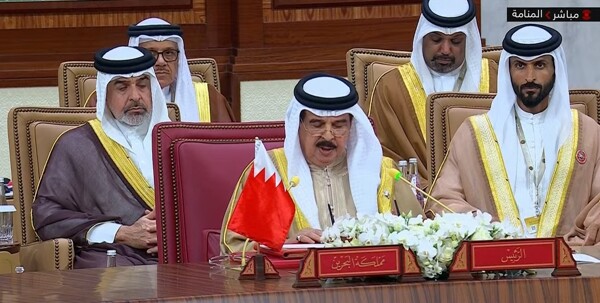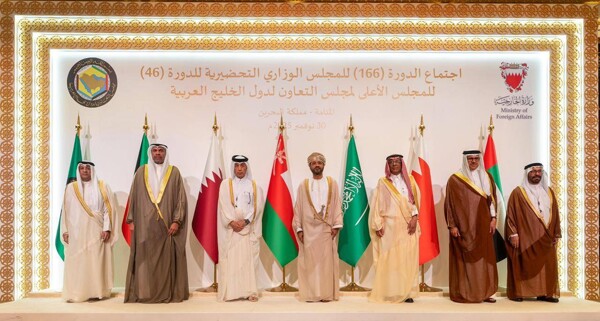
At the conference, which gathered more than 400 scholars and leaders, the rich principles of Hartia were presented, directed towards fostering dialogue and understanding between various Islamic sects and schools of thought. Among its participants were His Excellency Prof. Dr. Ahmed Al-Taieba, the Great Imam Al-Azhara, and the Chairman of the Muslim Council of Elders, as well as more than 400 scholars and leaders.
The main statement emerges from the inherent unity of the "Muslim Ummah," indicated in its Creator, the All-Mighty Allah, as the one nation - a model of balance and transcendence, designated to serve as an orientation for humanity. The statement emphasizes that attempts to unify these schools into one or to mix them in such a way as to diminish their unique characteristics, neither practically nor logically, thus do not represent a goal.
Hartia states that members of the Muslim Ummah should recognize the essential elements that enable the Ummah to restore its greatness and confirm its active presence both in Islamic and global arenas. Furthermore, it notes that the unity of the Muslim Ummah is a sacred covenant and a protected pact, not subject to erosion or preemption.
It is essential to actively support this imperative, manifesting it in behavior and deeply embedding it into educational programs and discourse. The Council of Bahrain held the inaugural session of the Dialogue within the Islamic world under the patronage of the king Hamad bin Isa Al Khalifa of Bahrain on February 19-20.
This reinforces the foundation for the upbringing of mutual attachment and cooperation between its nation and contributes to Islamic brotherhood among the people of Kibli. It was noted that Islamic brotherhood easily assimilates and prolongs, extending far beyond the boundaries of ordinary neighborhoods or similarities among Muslims.
Participants of the Conference on Dialogue within the Islamic world, held in Manama, the capital of Bahrain, endorsed the "Address of the People of Kibli." They affirmed that legal and doctrinal disparities are legitimate and must remain unaddressed.














